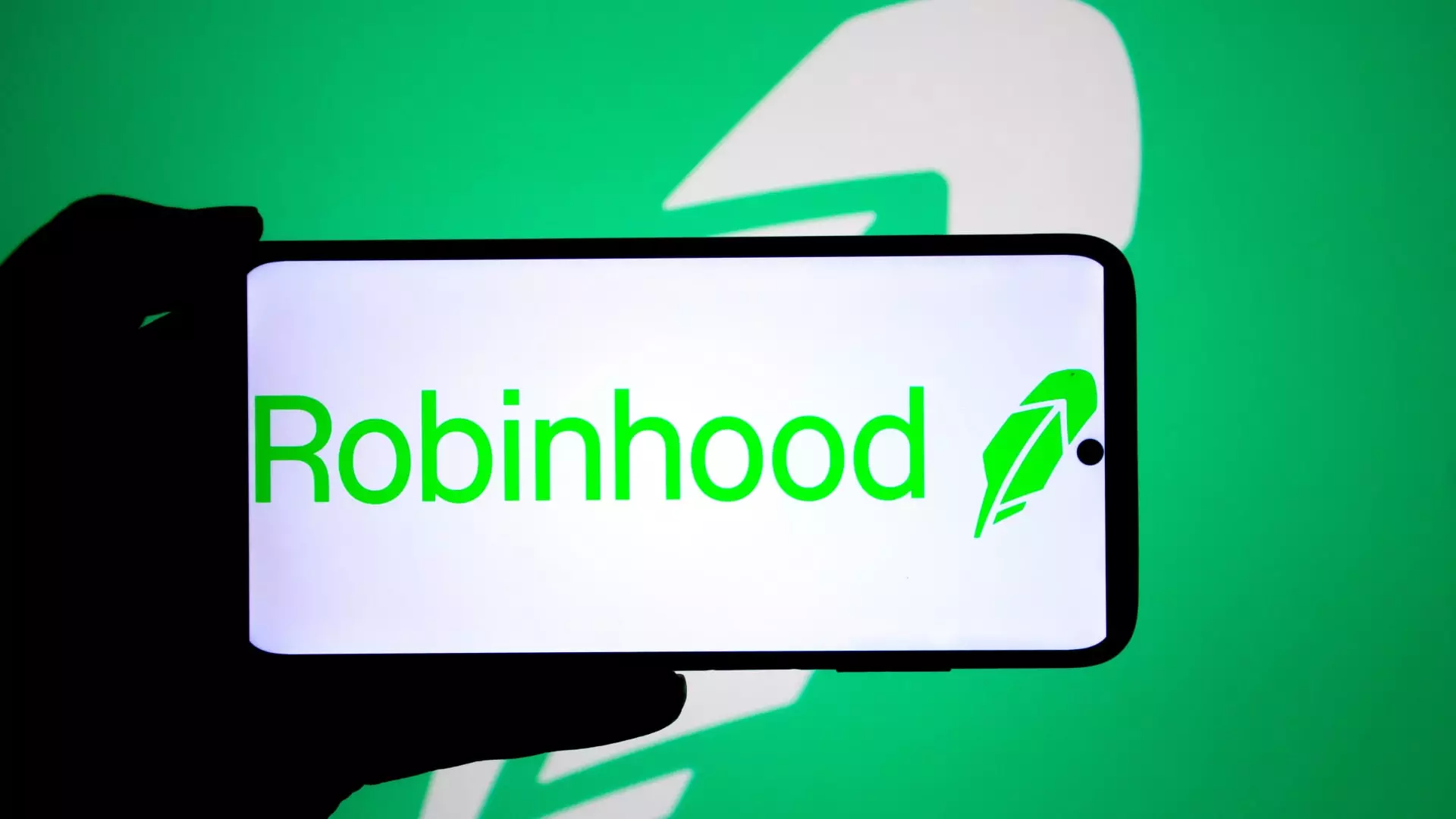In recent times, the financial landscape has been dramatically reshaped by technological advancements, yet this transformation often happens ahead of clear regulations, creating a risky environment for investors and regulators alike. Robinhood’s introduction of tokenized equities, including shares of high-profile private companies like OpenAI and SpaceX, exemplifies this tension. While innovation is crucial for progress, the absence of decisive legal frameworks exposes consumers to potential deception and financial harm. The Lithuanian central bank’s move to scrutinize Robinhood reflects a broader reluctance among regulators in the European Union to embrace untested financial instruments without rigorous oversight. The question isn’t just whether Robinhood’s new product complies with existing laws; it’s whether rushing into such innovations ignores the fundamental responsibility of safeguarding ordinary investors from complex, opaque securities.
Unpacking the Risks of Tokenized Equity Investments
Robinhood’s blockchain-based stock tokens attempt to bridge traditional equities and the burgeoning world of digital assets. However, these tokens blur the line between legitimate securities and speculative assets, raising serious concerns about transparency and consumer protection. Unlike conventional stocks, these tokens are not always backed by tangible assets in a straightforward manner, making it challenging for investors to grasp the true nature of their holdings. When companies like OpenAI and SpaceX publicly distance themselves from Robinhood’s products, alarm bells should ring across the financial community. EA regulation, consumer education, and precise disclosures are essential—yet, as it stands, many investors are left navigating a complex terrain with limited understanding. This approach risks commodifying innovation without regard for its societal impacts, turning revolutionary technology into a speculative playground for a select few.
The Central Bank’s Critical Wake-Up Call
Lithuania’s central bank’s demands for clarification highlight an underlying problem: regulators are playing catch-up in a rapidly evolving market. Robinhood’s licensing as a broker and crypto asset service provider suggests a level of credibility, but it doesn’t justify the reckless deployment of financial products that could destabilize markets or exploit uninformed customers. The Bank’s cautious stance—calling for clear, non-misleading investor communication—should serve as a precedent for the EU’s broader regulatory approach. Instead of turning a blind eye to innovation, regulators need to enforce standards that prioritize transparency, fairness, and consumer interests. Robinhood’s tokenized stocks may seem like a step forward for democratized investing, but without thorough oversight, they risk becoming nothing more than speculative bubbles, endangering both individual investors and the integrity of financial markets.
Corporate Accountability and Ethical Considerations
The dissonance between Robinhood’s aggressive product rollout and OpenAI’s distancing underscores a deeper ethical breach. When companies use innovative technology to create a perception of exclusivity or profitability, they bear a responsibility not to mislead their users. Robinhood’s claim that their tokenized stocks give users access to private company shares is misleading at best, and potentially fraudulent at worst. It dangerously trivializes the concept of ownership and corporate governance. If technological firms like OpenAI are not involved or endorsing such products, then Robinhood’s marketing edge borders on deception. This situation exemplifies the need for stricter corporate accountability, where companies must balance profit motives with social responsibility—especially when risking fueling financial illiteracy in a landscape of complex digital assets.
The Future of Financial Innovation or a Pandora’s Box?
The controversy swirling around Robinhood’s tokenized equities reveals a fundamental question about the future: are we venturing into a new era of democratized finance or opening Pandora’s box? Technological progress is undeniably essential, but it must come with stringent safeguards. If regulators do not tighten oversight, well-meaning innovations risk fueling speculative mania and eroding trust in financial systems. Robinhood’s pursuit of quick profits through tokenized stocks exemplifies a shortsighted approach that prioritizes market share over investor protection. Ultimately, the adoption of such products should be heavily scrutinized, with clear boundaries established to prevent their misuse. Innovation should be an avenue for empowerment, not reckless experimentation that leaves the most vulnerable exposed to the risks of unregulated markets.

